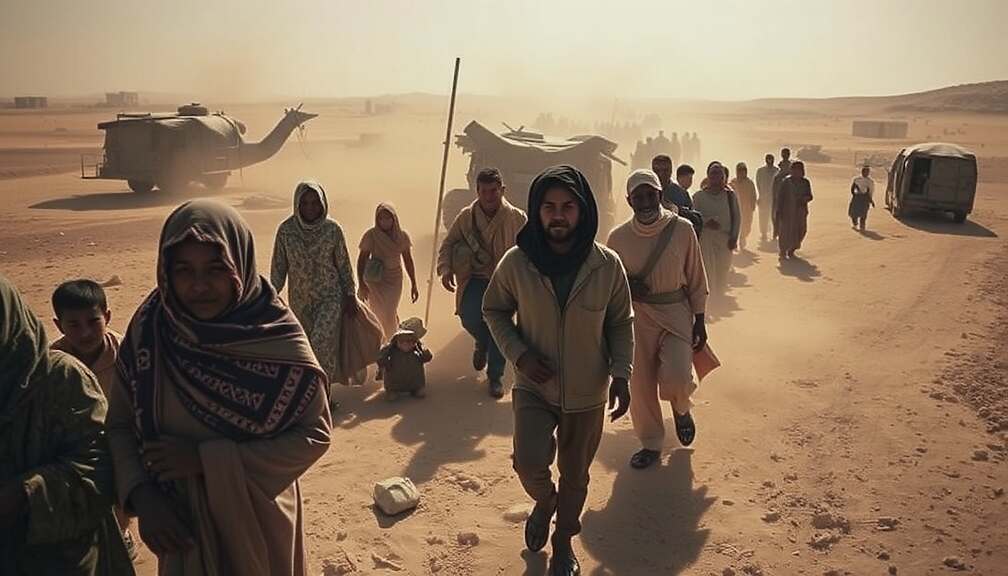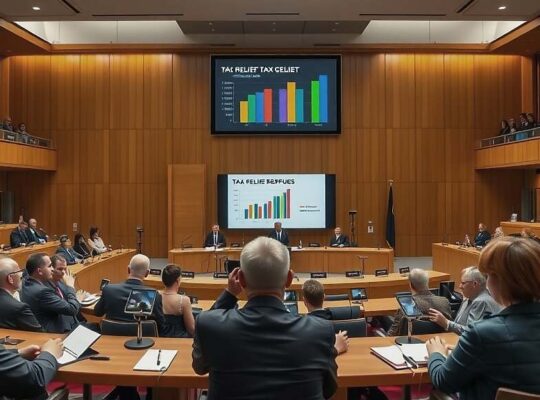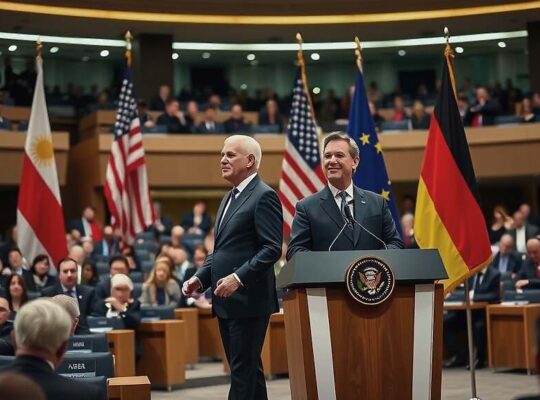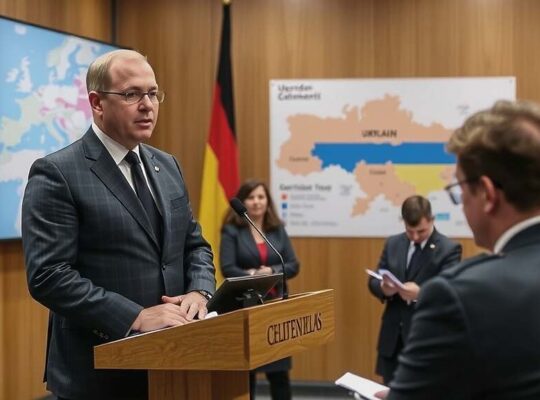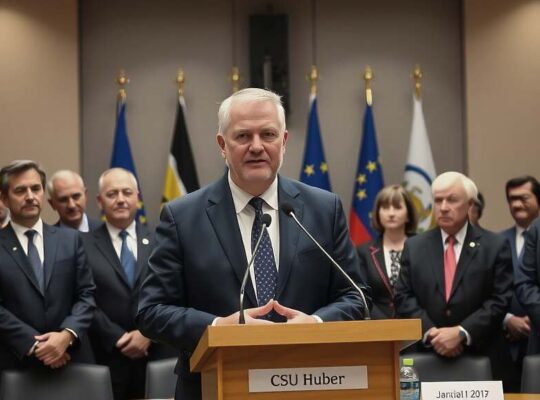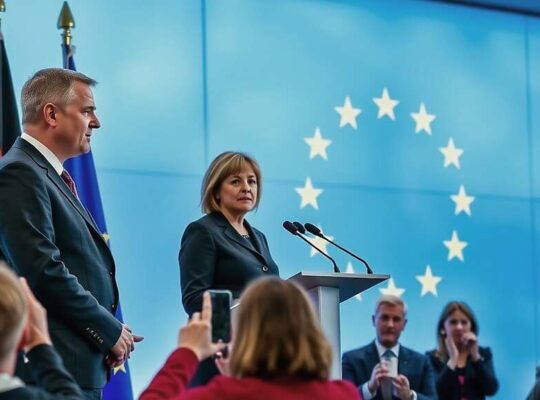The humanitarian crisis unfolding in Sudan is drawing increasingly alarming comparisons to the Rwandan genocide, according to Sheldon Yett, UNICEF’s representative in Sudan. In an interview with “Der Spiegel”, Yett, who witnessed the Rwandan genocide in the 1990s, stated that elements of the current situation in Sudan are evoking deeply unsettling parallels, specifically citing “reports of frenzy and joy in killing.
The conflict, raging for over two years between the Sudanese military and the paramilitary Rapid Support Forces (RSF), has already claimed an estimated 150,000 lives and triggered widespread displacement. Recent escalations, particularly the RSF’s seizure of the city of al-Faschir in Darfur in early November, have sparked renewed international condemnation amidst credible reports of brutal massacres.
Survivor accounts paint a harrowing picture of systematic violence, including murder, extortion and sexual assault. Many are reportedly paying exorbitant sums to secure escape routes, indicative of a complete societal collapse and the breakdown of any semblance of order. The conflict has effectively isolated parts of Sudan from the outside world, severely hindering access for international actors seeking to provide aid.
The comparison to Rwanda’s genocide is not merely a rhetorical device; it underscores the scale and intensity of the atrocities being perpetrated and raises serious questions about the international community’s response. While UNICEF remains one of the few organizations able to operate within Sudan, the sheer scope of the crisis, coupled with the deliberate targeting of civilians and the apparent impunity enjoyed by perpetrators, suggests a severe failure of diplomatic engagement and a worrying potential for further escalation.
Critics argue that earlier international interventions aimed at mediating a resolution between the military and the RSF have proven inadequate, allowing the conflict to metastasize and contribute to the current catastrophic situation. The deliberate obstruction of humanitarian access and the failure to establish accountability for widespread human rights violations further exacerbate the crisis and risk emboldening those responsible for the violence. The unfolding tragedy demands immediate and concerted action to address the root causes of the conflict, protect vulnerable populations and ensure justice is served.


